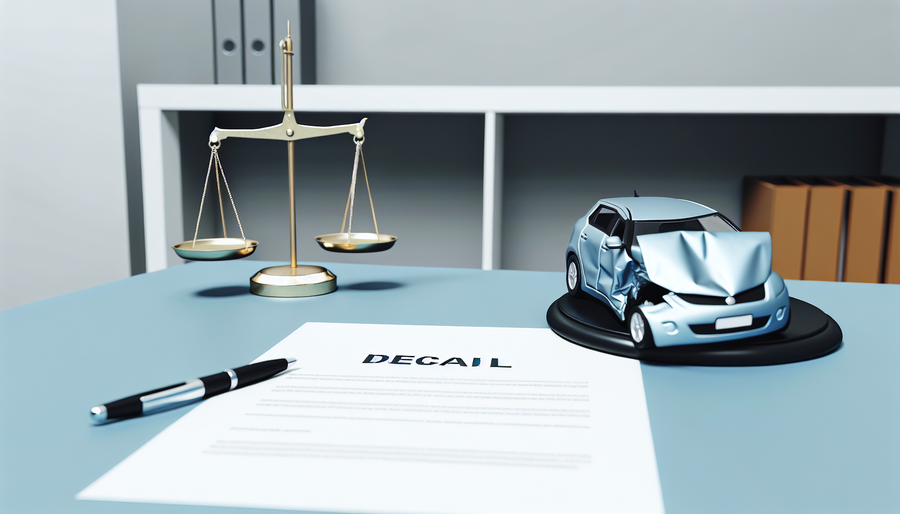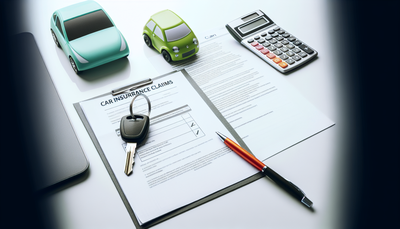Denied Car Insurance Claims: What Went Wrong and How to Appeal

Denied Car Insurance Claims: What Went Wrong and How to Appeal
Car accidents are stressful enough without the added frustration of having your car insurance claim denied. Whether it’s a minor fender bender or a more serious collision, you expect your insurer to have your back when things go wrong. But when your claim is unexpectedly rejected, it can feel like insult added to injury.
In this article, we’ll explore the common reasons why car insurance claims are denied, what you can do if it happens to you, and how to effectively navigate the appeal process.
Why Car Insurance Claims Get Denied
Understanding why a claim might be denied is the first step in preventing future problems and knowing when to take action.
1. Policy Exclusions
Every insurance policy has exclusions—situations where coverage doesn’t apply. For example, if your policy doesn’t cover mechanical failure but your claim involves engine failure after a crash, it might be denied.
2. Lapsed Coverage
If your premium wasn't paid on time or your policy was canceled before the incident occurred, your claim won’t be honored. Always keep your policy active and up-to-date.
3. Misrepresentation or Fraud
Incorrect or misleading information provided during the claim process can result in denial. Even unintentional inaccuracies can raise red flags.
4. Delayed Reporting
Insurers often require that claims be reported promptly. Waiting too long to file could give them grounds to deny the claim.
5. Unlicensed Drivers or Unauthorized Use
If someone not listed on your policy—or who isn't legally permitted to drive—was behind the wheel during the accident, your claim may be rejected.
Steps to Take After a Claim Denial
A denied claim isn’t necessarily the final word. You still have options.
1. Review the Denial Letter Carefully
Insurers must explain why they denied your claim. Read the letter thoroughly to understand their reasoning and refer to your policy documents for clarification.
2. Gather Supporting Documentation
Collect evidence such as photos, witness statements, repair estimates, police reports, and any communication with the insurer. This can help support your appeal.
3. Contact Your Insurance Agent or Company
Sometimes, denials result from simple errors or misunderstandings. A conversation with your agent or adjuster might clarify things or lead to a resolution.
4. File a Formal Appeal
If you're not satisfied, you can submit a formal written appeal. Be concise, provide all relevant documentation, and explain why you believe the denial was incorrect.
5. Seek Help from a Consumer Advocate or Attorney
If your appeal is unsuccessful, consider contacting your state’s department of insurance or consulting a lawyer who specializes in insurance disputes.
Tips to Prevent Future Claim Denials
- Read and understand your policy before an accident ever occurs. Know what’s covered—and what’s not.
- Keep your records: Maintain accurate documentation of your vehicle’s maintenance, incidents, and communications with your insurer.
- Be honest and timely when filing claims.
- Check driver lists: Ensure all household drivers are listed on your policy.
Conclusion
While a denied car insurance claim can be frustrating, it’s not always the end of the road. By understanding why claims get denied and knowing how to appeal, you can improve your chances of a successful outcome. Take charge of your coverage by staying informed, proactive, and persistent—your peace of mind and financial protection depend on it.
If you’ve recently had a claim denied, don’t despair. Follow the steps above, and you may find yourself back on track sooner than you think.







